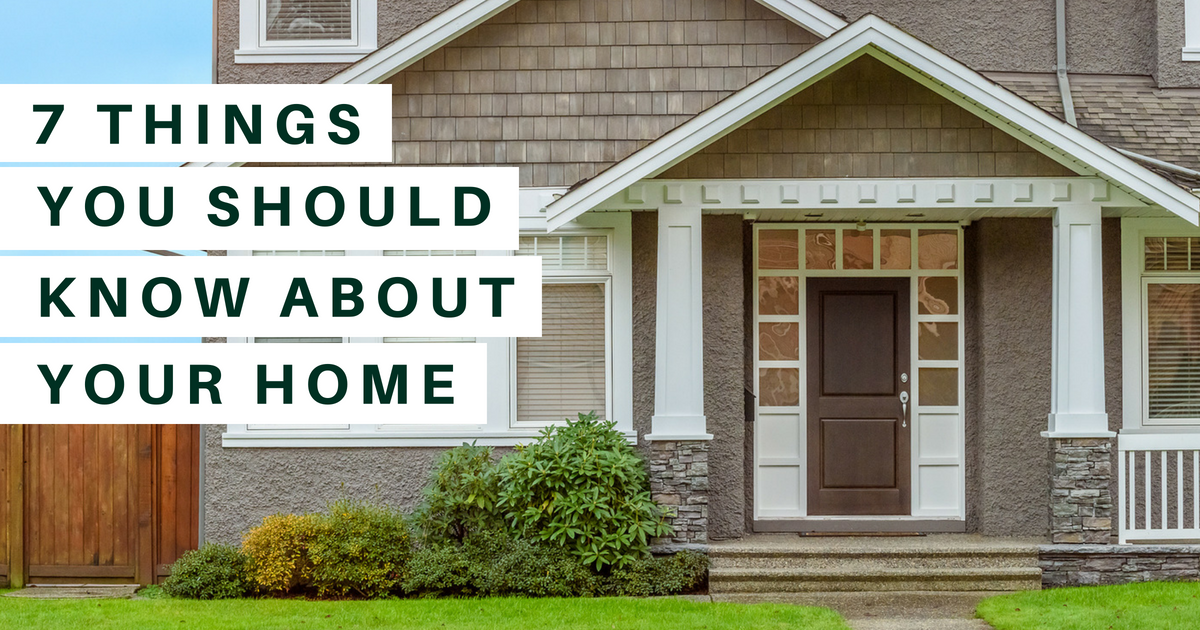
As a homeowner, there are certain things in your home you should be familiar with for safety and maintenance reasons. In fact, you really should know these like the back your hand whether you own a home or rent. You never know when disaster will come calling!
If a washer fails on your bathroom sink and springs a leak, do you know where the location of the water shut-off valve?
When your holiday lighting decorations overload the living room outlet, do you know where to flip the breaker switch in your electrical panel?
Don’t be intimidated if you are not familiar. While we hope you never have to deal with any of these items in the future, with some basic knowledge of your home, you’ll be familiar in no time!
Get to know your home. Here are the suggested items every homeowner should know the location of:
Electrical Panel
There are two common situations that will have you accessing your electrical panel: An outlet in your home has been overloaded and blown a circuit that you need to reset to restore power; or, You need to turn off power to a certain area for some electrical work like installing a new dishwasher, outlet, or light fixture.
Water Shut-Off Valves
Generally, there will be an individual shut-off valve for any water source in your home: toilets, faucets, dishwashers, water heaters, washers — you name it. Some items may not have an accessible shut-off valve, such as showers and tubs, and may require a plumber.
Your home will also have a main shut-off valve which controls the water coming into your entire home. When in doubt, you can always opt to turn this valve off to stop water coming into your house immediately. These shut-off valves are typically found outside and near the street.
Gas Meter and Shut-Off Valves
Just like your water shut-off valves, you will have individual valves to shut-off your gas and a master valve to shut-off gas to the entire house. When it comes to your home’s gas supply, it is not recommended that you ever turn off the master valve for your gas. A gas leak is a dangerous situation and if you detect a leak that cannot be fixed by shutting off the appliance’s dedicated valve, vacate your home immediately and contact 911 and the gas company right away.
Sewer Access
Often located along the exterior of the home or in the yard, this is your main sewer line which connects to the city’s. Most homes should have a sewer access point referred to as a “clean-out” which provides plumbers access to your line in case of emergency. These access points are where lines are snaked in to unclog obstructions or to inspect the condition of pipes. Some older homes built before modern building codes may not have an exterior access point.
If it hasn’t been used in quite a while, it may be buried under grass. Sometimes you’ll find an “S” marked on the curb in front of your home. This marks a sewer line. Follow that “S” in a straight line to your home, and you’ll likely find your clean-out along that line. If that doesn’t work, you can contact a local plumber, or even the city sewer department for assistance.
Attic Access
Typically a pretty easy thing to figure out but in some cases there can be multiple access points. This is especially the case in new additions to older homes. Regardless of your home, it’s best to know where your attic access is and that it covers the entire footprint of your home. You don’t want to be fumbling around trying to find a second access point when a contractor is there to repair a roof leak.
Hot Water Heater
It’s critical to not only know where your hot water heater is located but also whether you have a tankless heater, and how many.
Older homes generally have tank style water heaters. You should familiarize yourself with the location and also check the temperature gauge. If you have small children in your house, you may want to adjust the temperature to 120 degrees or below to avoid accidentally scalding.
Property Line
It’s not always critical to know your exact property line. Most all homeowners have a good idea of their property line based on driveways and fence lines. However, in certain cases you will want to know exactly where your property begins and your neighbors ends.
Trimming Tree Limbs. If you are inspecting your roof annually like a good homeowner, you may notice your neighbor’s tree limbs are beginning to impact your roof. You have the right the trip those limbs up to your property line. It always a nice gesture to let your neighbor know when you’ll be doing any trimming that may impact their yard but you are within your right.
New Additions. Before taking on a new addition to your property, make sure you know the property line. If your new addition happens to creep into your neighbor’s property, you will be responsible for fixing the issue and more importantly footing the bill to fix it. Avoid the potential stress and confirm your property lines before work ever begins.



